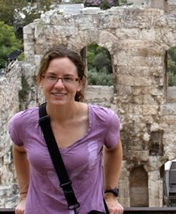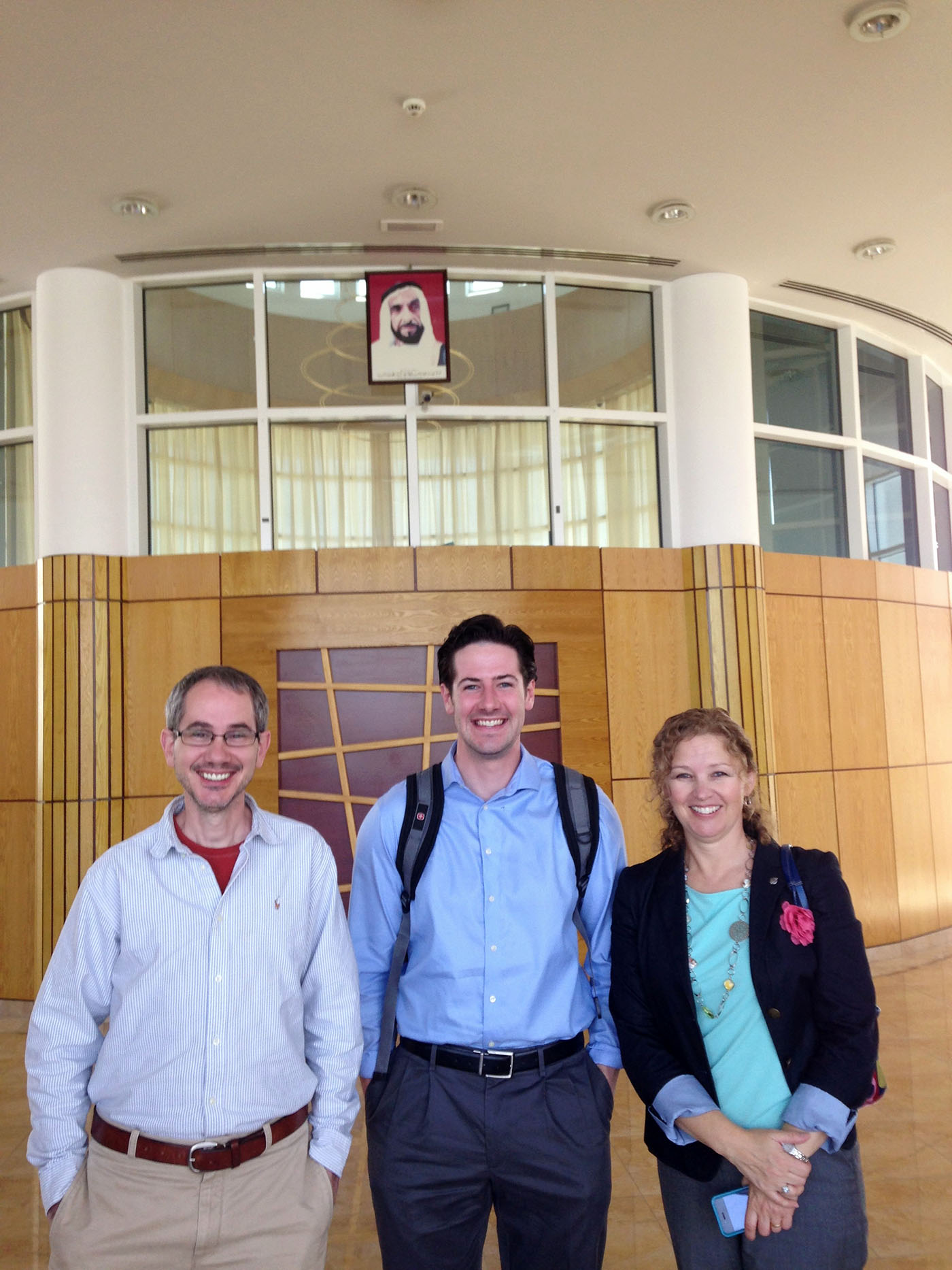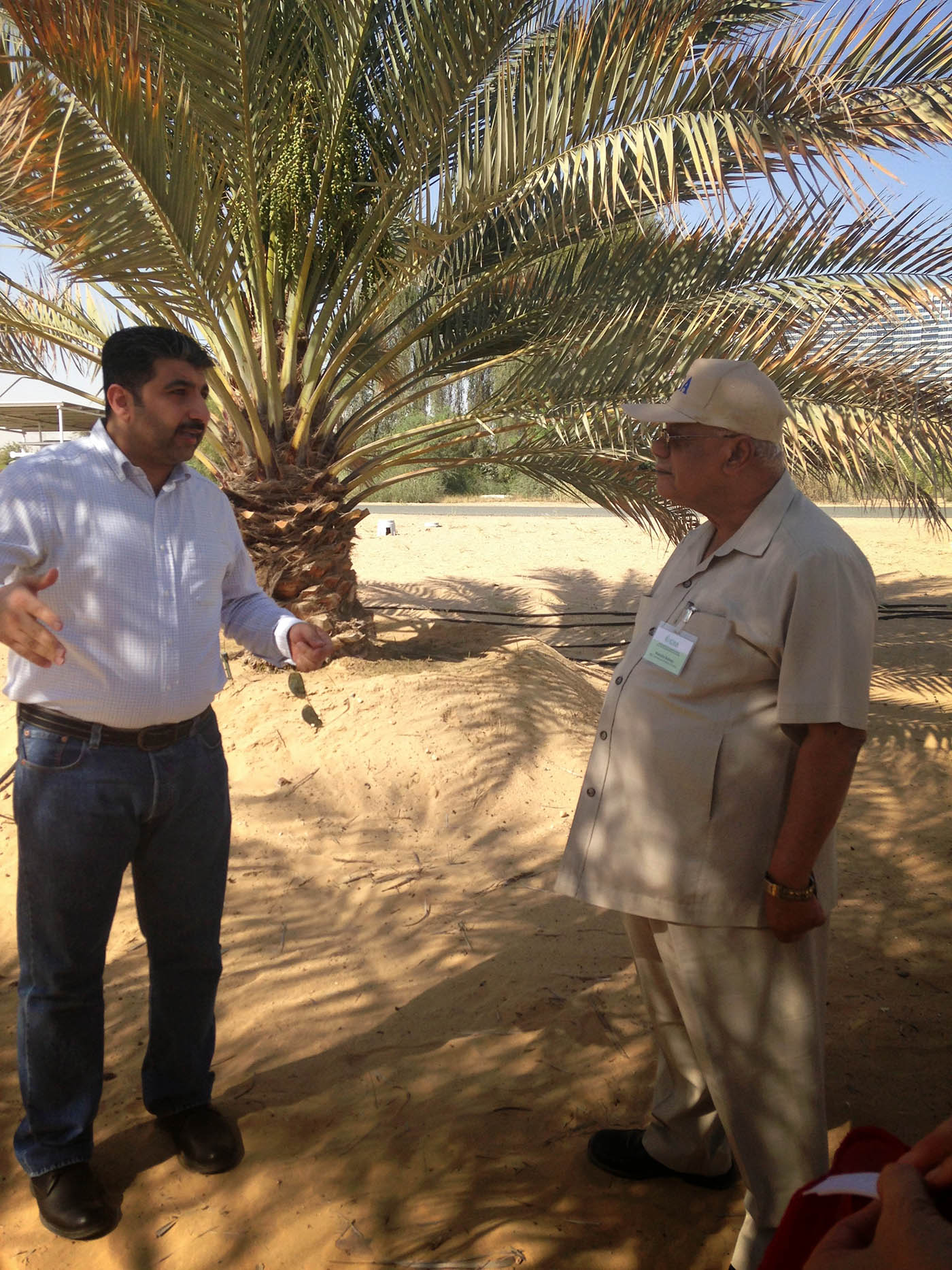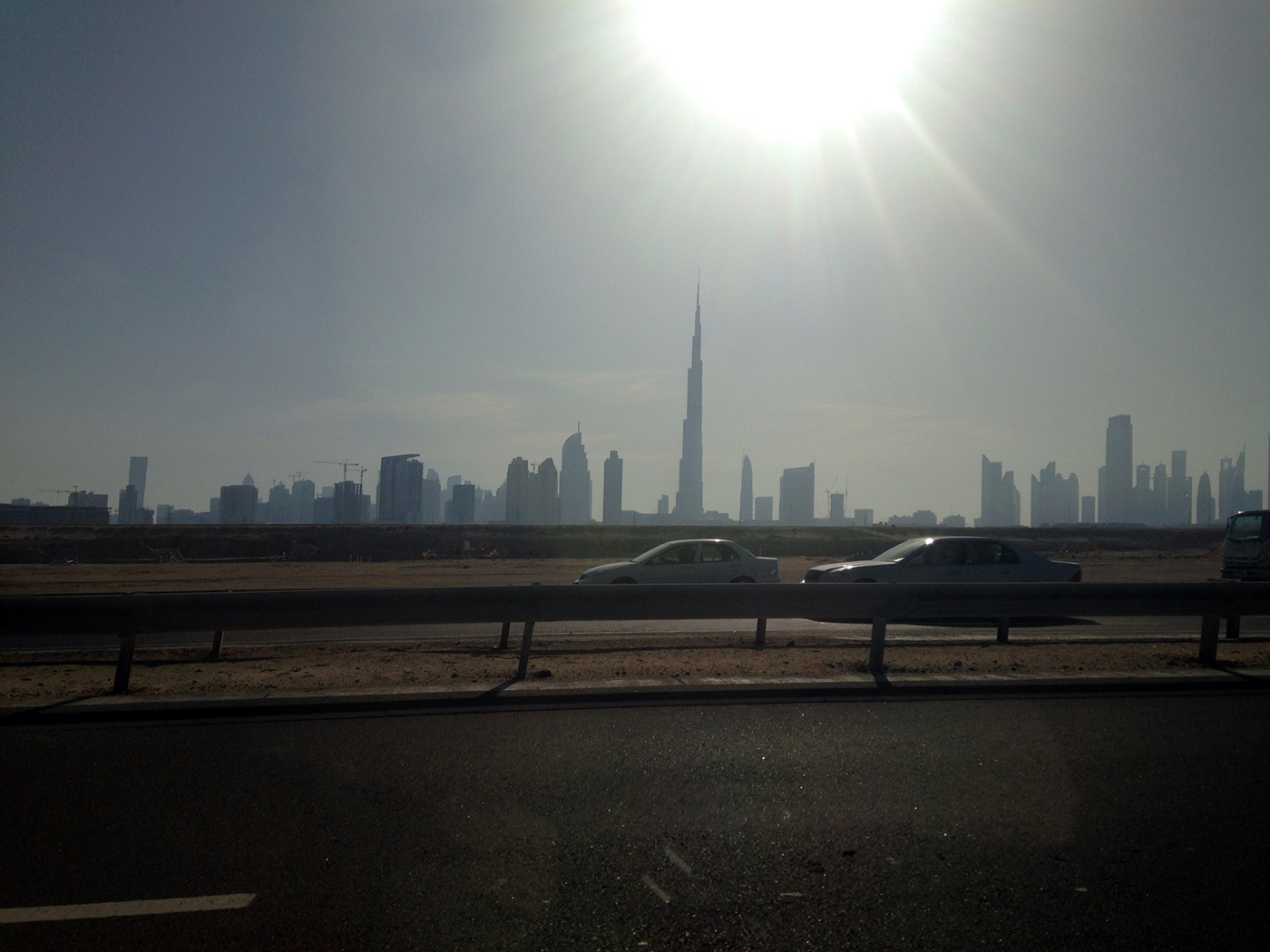Two current members (Dr. Andrew Hoell and Dr. Colin Kelley) and one former member (Dr. Amy McNally, ’13, now at NASA Goddard) of the UCSB Geography Climate Hazards Group traveled to the International Center for Biosaline Agriculture (ICBA) in Dubai, UAE May 8-9 to meet with US and regional partners about food and water security monitoring in the Middle East and Africa. This meeting was an opportunity for US based researchers to meet with the Modeling and Monitoring Agriculture and Water Resources Development (MAWRED) research team at ICBA, as well as with Professor Abdulla Babaqi from the Water and Environment Center (WEC) at the University of Sana’a, Yemen.
The meeting focused on the agro and hydro-climatology of Yemen and its rapidly depleting ground water resources. Groundwater is primarily used for agriculture, and one of the most water intensive and widely grown crops is Qat, a narcotic.
The UCSB /NASA team is currently working on a comprehensive historical water balance analysis (1981-present) of Sub-Saharan Africa and Yemen. This will be the foundation for routine drought monitoring, seasonal forecasting, and developing future climate scenarios regarding food and water security.
Amy commented, “This group at ICBA has been working with other teams at USAID and NASA for several years, and I look forward to continuing this already well established partnership. This was a great opportunity to meet face-to-face with the people who I’ll be most often be working with via email and telecon. I was really impressed with their technical and field capabilities – they do advanced hydro-climate modeling and high-resolution veg mapping, and they do a great job communicating with and visiting local scientists and water and land managers in the MENA [Middle East and North Africa] region.”
Current and future agro-hydro-climate modeling efforts revolve around custom instances of the NASA Land Information System (PI-Dr. Christa Peters-Lidard), the UCSB-based FEWS NET Land Data Assimilation Systems (FLDAS), and ICBA-based Middle East North Africa LDAS (MENA-LDAS). These systems include data assimilation algorithms that can use satellite-derived data from Gravity Recovery and Climate Experiment (GRACE) and microwave soil moisture (ASCAT and SMAP) to update modeled estimates of total water storage and surface soil moisture, respectively. Dr. McNally will be coordinating continued development and application of these systems in collaboration with researchers at ICBA and with Dr. Shrad Shukla of the UCSB Climate Hazards Group. The UCSB Climate Hazards Group researchers (Drs. Hoell, Kelley, Funk, Husak, Michelsen) will be providing expertise in atmospheric dynamics, seasonal forecasting, and downscaling of weather and climate data for hydrologic modeling applications, as well as providing important insights with their accumulated knowledge of working on agriculture, drought, and climate change in Africa that began even before CHG’s establishment in 2003.
In addition to data sharing and developing a research action agenda, this meeting was held to coordinate efforts from several USAID offices that contribute to Food and Water Security in the Middle East and Africa. Attendees of the meeting included USAID’s Office of Food For Peace (Mr. Gary Eilters), a key funder of the Famine Early Warning Systems Network (FEWS NET; Dr. Jim Verdin) and Office of Middle East Programs (OMEP), a key funder of ICBA (Drs. Rachel McDonnel, Dr Adla Khalaf, Rashyd Zaaboul, Karim Bergaoui). Other contributors included Dr. Matt Druckenmiller from the USAID GeoCenter and Dr. Lakhdar Boukerrou from USAID’s West Africa Water Sanitation and Hygene Program (WA-WASH).






